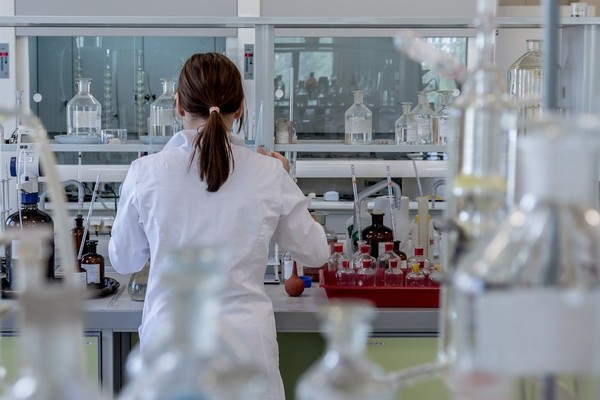Korea, designated by the WHO as a global biopharma manufacturing training hub, will start providing education on vaccine manufacturing for workers in the Asia-Pacific region.
The Korean government and the Asia Development Bank (ADB) will jointly push for the training project.

Korean National Institute for Bioprocessing Research & Training (K-NIBRT) will implement the project for 35 trainees from 12 countries among ADB’s developing member countries.
K-NIBRT specializes in building education infrastructure, including GMP standards, and nurturing human resources for biopharma manufacturing.
The participants include one from East Timor, one from Laos, one from Mongolia, six from Bangladesh, seven from Vietnam, two from Bhutan, three from Indonesia, three from Uzbekistan, two from Cambodia, and four from Thailand, three from Pakistan, and two from the Philippines.
The trainees will get theoretical education on the whole cycle of vaccine development, production, and approval and learn the basic concept of biopharmaceutical development and manufacturing. Then, they will get hands-on training to practice the entire vaccine manufacturing cycle from cultivation to transportation.
The first team of the 35 trainees started training on Monday. In September, the second team of 25 individuals from low- to middle-income countries in the Asia-Pacific region will get an education.
After completing eight-week training, trainees will get a certificate of completion and a digital badge that can be posted on social media.
The K-NIBRT training project is meaningful because it is the first international education after the WHO named Korea a global manufacturing hub to train people to make vaccines and biopharmaceuticals.
The Covid-19 pandemic brought about the necessity to produce vaccines regionally, and the WHO strived to close the regional gap in vaccine production capacity by establishing manufacturing facilities and licensing agreements.
In these global efforts, Korea will lead manpower training in vaccine and biopharma manufacturing which requires high-quality education and training programs.
Lee Kang-ho, leader of the Global Vaccine Hub Task Force at the Ministry of Health and Welfare, said the latest training was significant. It was the first global education implemented after Korea was designated as the WHO’s global biopharma manpower nurturing hub.
“Korea is showcasing its international leadership by training workforce for vaccine and biopharma production facilities worldwide,” he said.
Lee Jin-woo, head of K-NIBRT, who also serves as vice president of Yonsei University, said, “K-NIBRT will make sure trainees from the Asia-Pacific region can contribute to vaccine development in their home countries by helping them acquire manufacturing technologies related to mRNA vaccines that are easy to respond to Covid-19 variants and can be used as a new drug development platform.”

